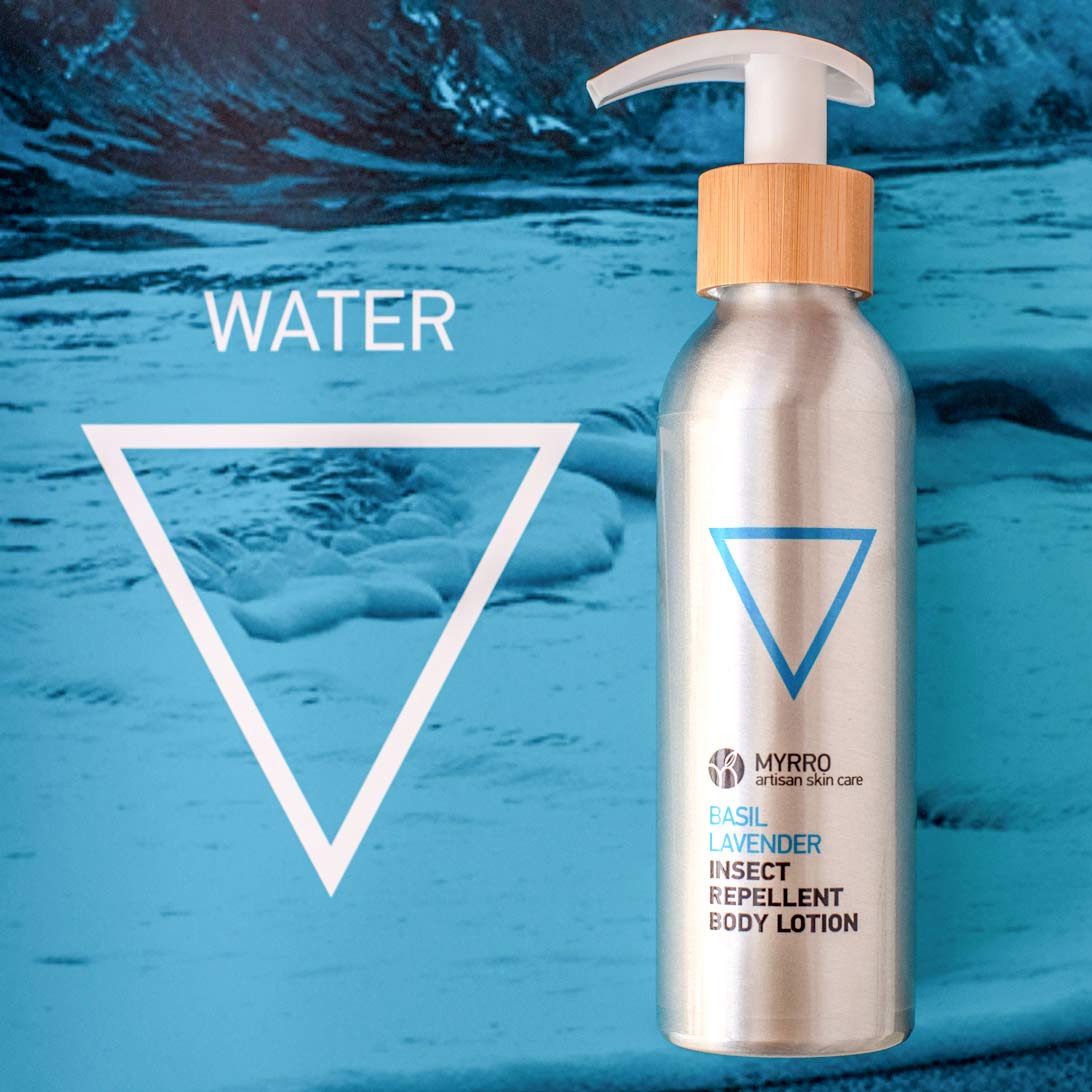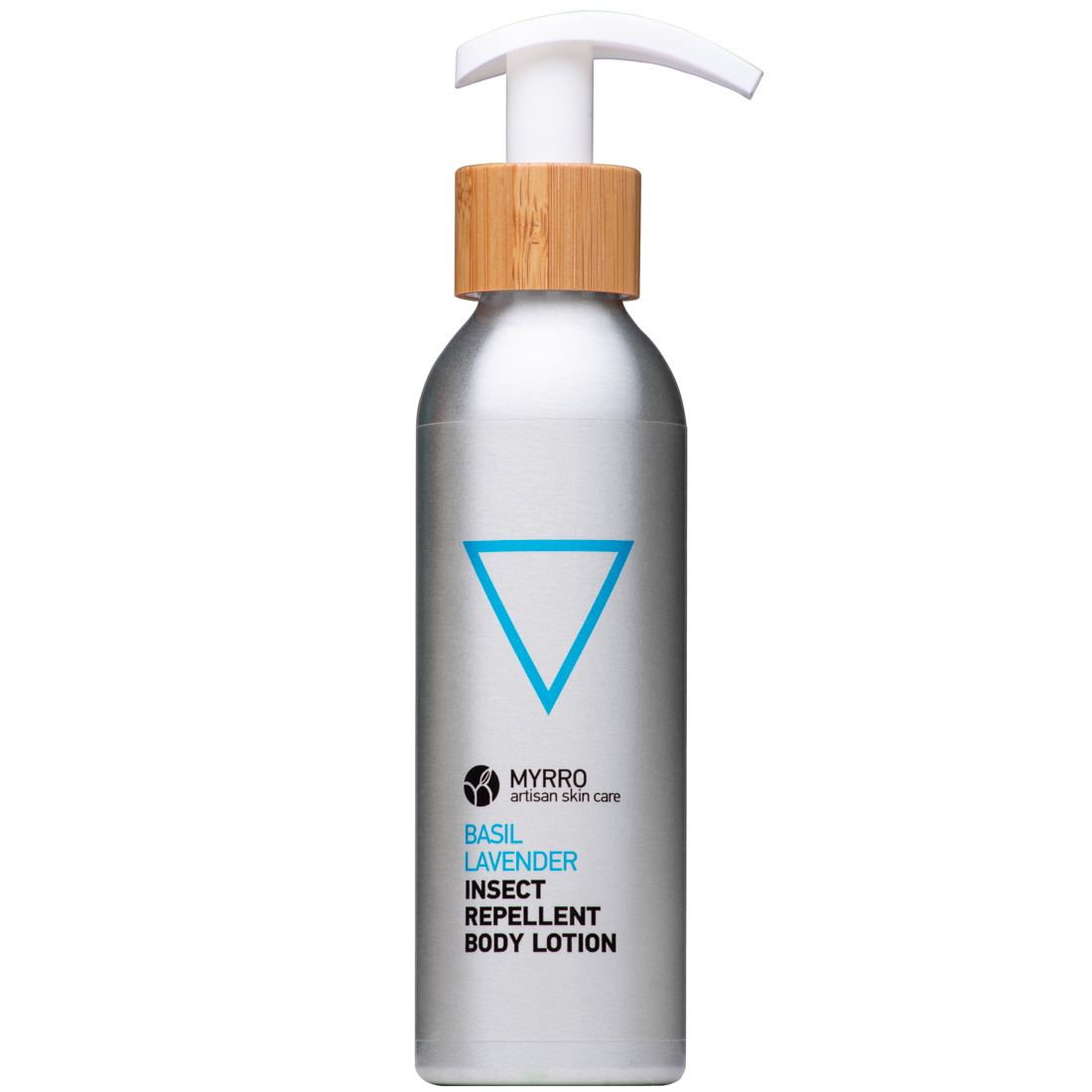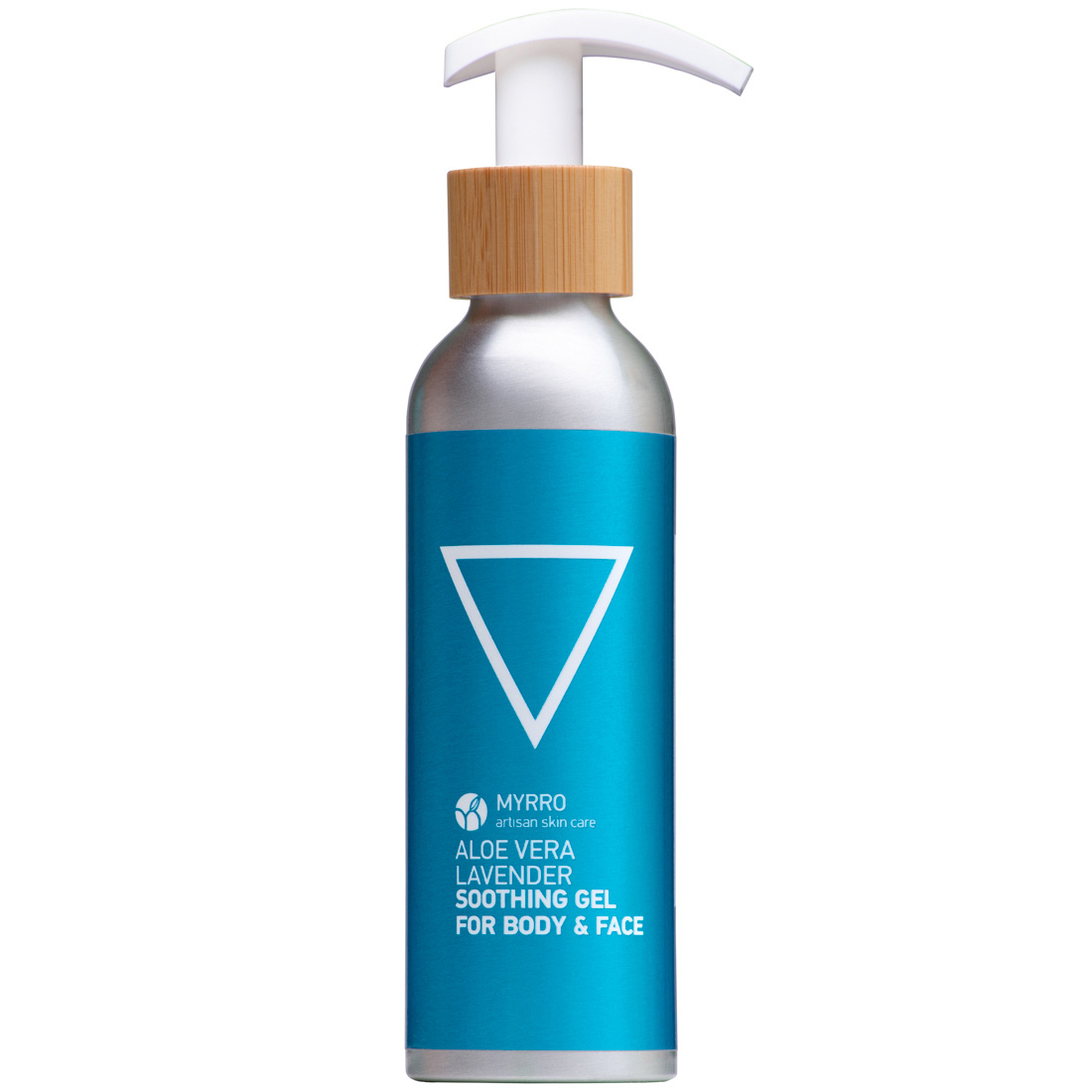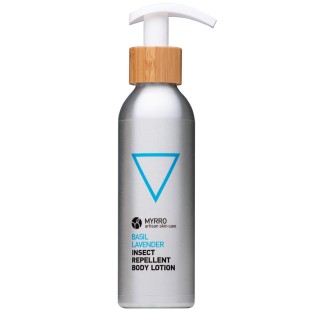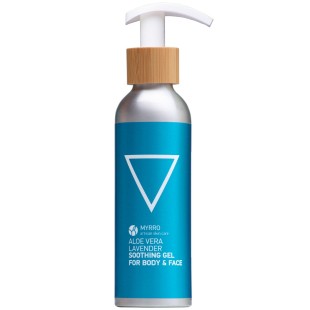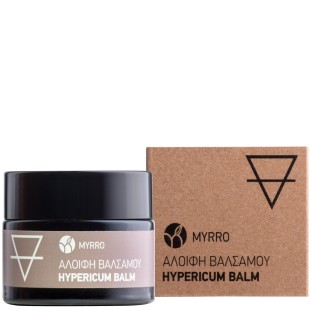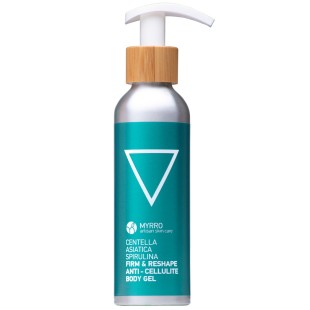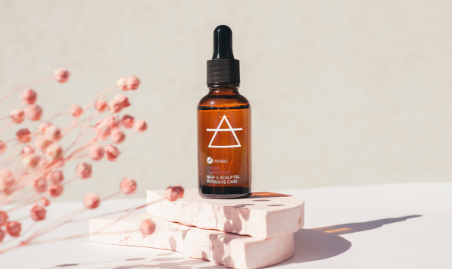
Repel Insects Naturally and Effectively
Are you tired of being bitten by mosquitoes every time you head outdoors? Do you worry about chemicals in insect repellents seeping into your skin and potentially causing harm? You're not alone! Many of us are looking for a more natural way to keep those pesky mosquitoes at bay. That's why we have developed MYRRO SKINCARE Insect Repellent Body Lotion made from a blend of organic essential oils that can safely and effectively protect you from mosquito bites all season long.
Why Synthetic Repellents are Dangerous
Let's face it, many of us rely on readily available insect repellents made from harsh, synthetic chemicals that are harmful to our health and our environment. Three of the most common chemicals found in these products include DEET, Picaridin, and a compound known by its trade name IR3535. Here are some of the ways these chemicals can cause everything from minor skin irritations to dangerous neurological and reproductive problems.
DEET (N,N-diethyl-meta-toluamide) is a common ingredient in commercial repellents that has been linked to a range of health concerns, from skin irritation to neurological and reproductive problems [1]. Ingestions of DEET have been associated with nausea, vomiting, hypotension, encephalopathy, seizure, coma, and ataxia [2]. Excessive dermal application of DEET to large areas of the body over a period of days or weeks, especially in children, has led to seizures, bradycardia, nausea, vomiting, bullous eruptions, lethargy, ataxia, encephalopathy and anaphylaxis [3].

Picaridin is a synthetic compound also used as an insect repellent. It has been shown to cause skin irritation and allergic reactions in some individuals [4], as well as inflammation in concentrations as low as 5% [5].
IR3535 (3-[N-butyl-N-acetyl] aminopropionic acid ethyl ester) is a synthetic insect repellent that has been linked to skin irritation, allergic reactions [6] and contact dermatitis in humans at concentrations as low as 10% [7].
The Power of Essential Oils
Essential oils, on the other hand, offer a natural, safe, and effective alternative to these harsh repellents. These concentrated plant extracts have been used for centuries to repel insects, and they are packed with antimicrobial properties that can slow the spread of bacteria and viruses. They are non-toxic and biodegradable, making them a better choice for your skin and the environment.
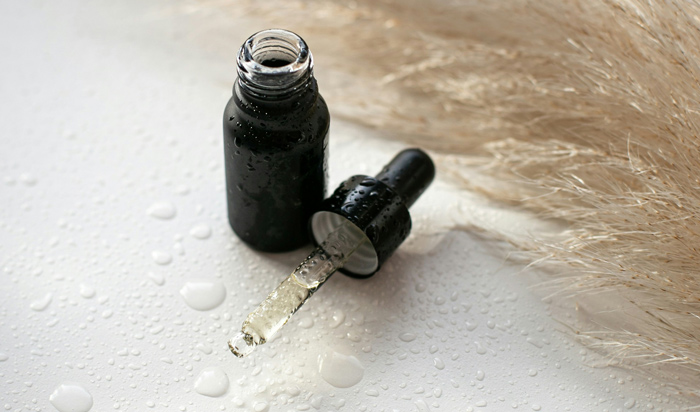
MYRRO SKINCARE Insect Repellent Body Lotion is made from a special blend of concentrated organic fair trade essential oils that are safe yet powerful enough to fend off even the most aggressive
mosquitoes.
In addition, essential oils have much more benefits in skin care. They deeply nourish and balance the skin, reduce wrinkles and improve the overall skin appearance. They are packed with antioxidants and potent anti-inflammatory and detoxifying agents. Another multi-action formula especially rich in essential oils is the Firm & Reshape Anti-Cellulite Body Gel as essential oils are our ally for cellulite enemy.
Essential oils are complex mixtures of volatile organic compounds from plants. The presence of monoterpenoids, sesquiterpenes, and alcohols has been proven to contribute to their repellent properties. In particular, citronellol, citronellal, α-pinene, and limonene are common constituents of many essential oils exhibiting repellent effects. Recent research has proved that the odorant receptor neuron in a mosquito's antennal sensilla is activated by linalool, a naturally occurring terpene alcohol found in many flowers, and by eucalyptol, a natural organic compound [8, 9]. The most cited general method to increase the effectiveness of a repellent is to combine several essential oils from different plants, leading to a synergistic effect. The synergistic use of various components has been reported to provide a higher repellent activity than that obtained with single isolated components. [10 -12].
MYRRO SKINCARE uses the following blend of organic essential oils that are effective at repelling mosquitos while infusing our lotion with refreshing summer scents.
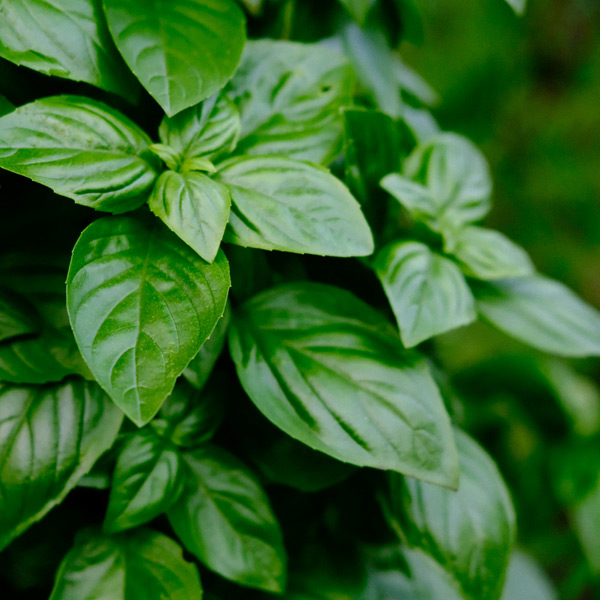
- Organic Basil: The leaves of this plant, from which the essential oil is produced, contain a high concentration of linalool, which repels mosquitoes and other biting insects, and estragole, which has proven antibacterial, antimicrobial, and anti-fungal properties. [13].

- Organic Citronella: The active compounds in citronella oil that repel mosquitoes are camphor, eucalyptol, eugenol, linalool, citronellal and citral. When applied to the skin or clothing, the oil creates a barrier that prevents mosquitoes from landing and feeding on the treated area [14].
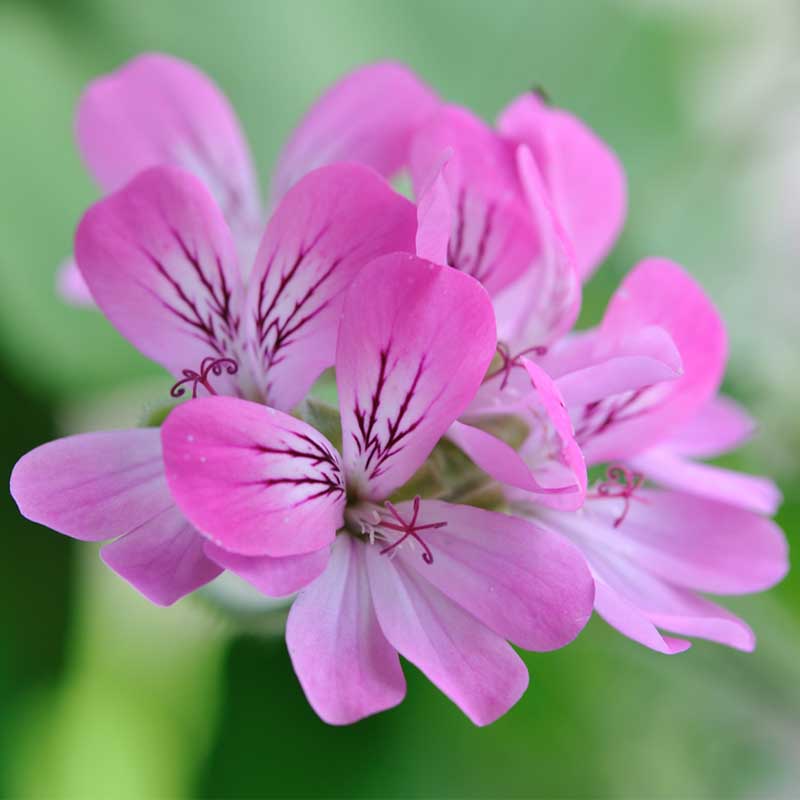
- Organic Geranium: The essential oil produced from this plant contains compounds that can irritate mosquito sensory organs and cause them to avoid treated areas [16]. It has been shown to be effective as a repellent for up to four hours [15].
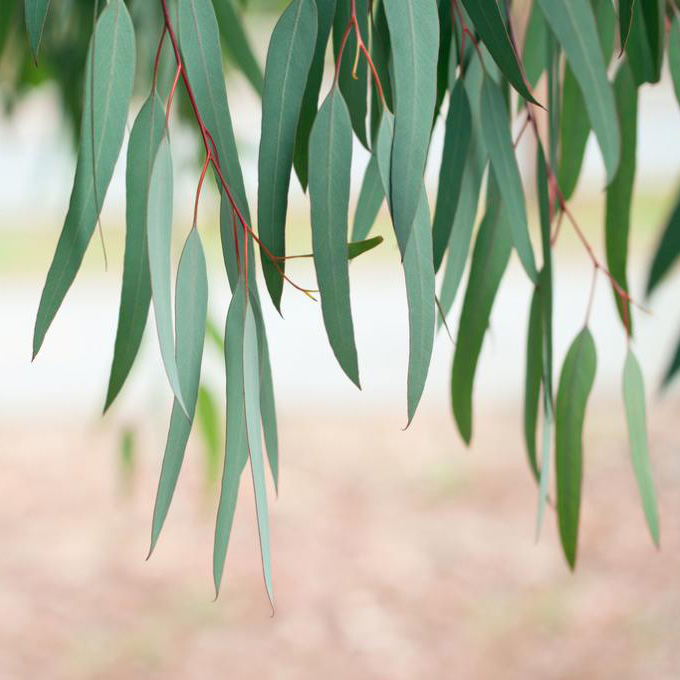
- Organic Eucalyptus: Eucalyptus essential oil contains eucalyptol, a water insoluble compound that repels mosquitoes, deters mosquitos from laying eggs, and kills mosquito larvae. [17].
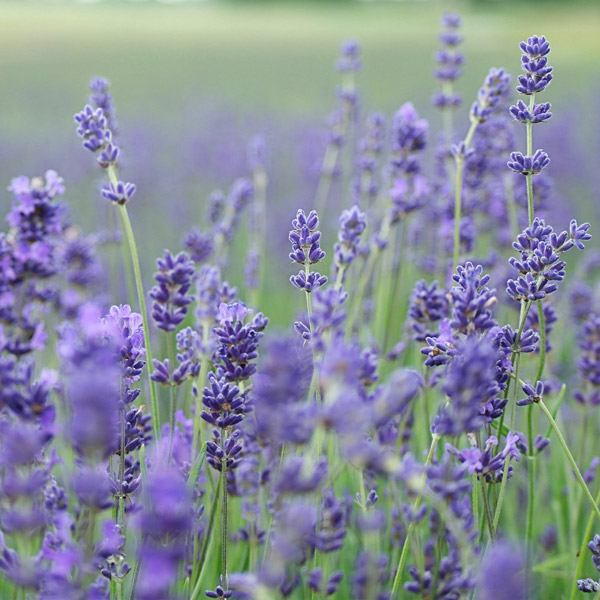
- Organic Lavender: Studies have shown that lavender essential oil is one of the most effective natural repellents against mosquitoes. It also has regenerative and anti-inflammatory properties [18].

- Organic Cinnamon: Cinnamon essential oil contains cinnamaldehyde, cinnamic acid and eugenol. These bioactive compounds repel mosquitoes through direct contact, irritating the insects’ sensory receptors and interfering with their ability to move [19].
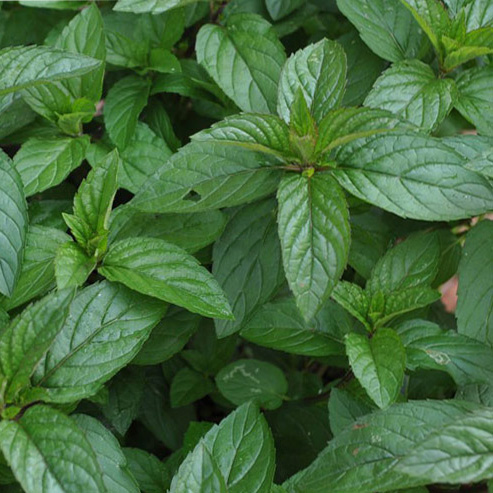
- Organic Peppermint: Many researchers have reported the effectiveness of peppermint essential oil in repelling mosquitoes and killing their larvae. [20].
How to make your own natural insect repellent
It's important to follow proper guidelines and precautions to ensure essential oil safety and effectiveness. MYRRO SKINCARE organic essential oils are highly concentrated and must be diluted with a lightly textured organic carrier oil (e.g., grapeseed oil, jojoba oil, almond oil). We recommend mixing 1-3 drops of essential oil with 1 teaspoon of carrier oil.
How to apply natural insect repellent
- Application: Apply the MYRRO SKINCARE’s Insect Repellent Body Lotion or the diluted essential oil mixture to the skin, focusing on areas where mosquitoes are most likely to bite (e.g., neck, wrists, and ankles).
- Frequency: Reapply the product every two-to-four hours or as needed.
Can we use natural insect repellent on children?
- Yes, MYRRO SKINCARE’s Insect Repellent Lotion can be safely used on children over 6 months of age.
- Apply only to areas where mosquitoes are most likely to bite (e.g., neck, wrists, and ankles).
- For infants younger than three months, apply the Insect Repellent Lotion on clothing or sheets. You can also make a dilution of one part lotion to one part carrier oil and apply it directly to the infant’s skin, avoiding face and hands.
- Always monitor your child's skin for any adverse reactions or irritation.
Can we use natural insect repellent essential oils on pets?

- Consult with a veterinarian before using essential oils on pets, especially if they have sensitive skin or allergies.
- Use a highly diluted ratio. You can dilute 10 drops of essential oils and 1 tbsp of apple vinegar into MYRRO SKINCARE’s Organic Lavender Water. Apply only to areas where insects are most likely to bite (e.g., ears, neck, and paws).
- Do not use on dogs or cats younger than 10 weeks old.
- Monitor your pet's skin for any adverse reactions or irritation.
How can we find relief after an insect bite
After a mosquito bite, it's common to experience itching, swelling, and redness at the affected area. While the discomfort can be frustrating, there are several natural compounds that can help alleviate the symptoms.
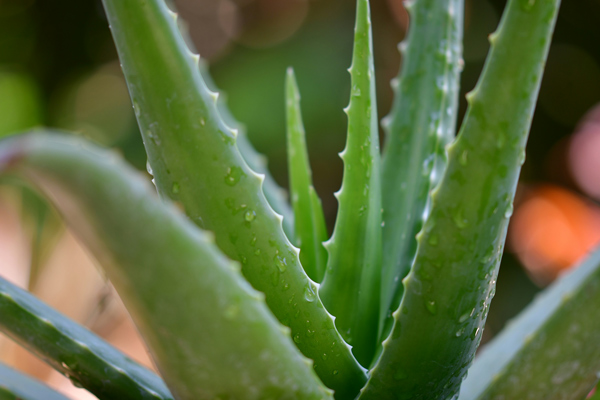 One popular remedy is aloe vera, which has anti-inflammatory and soothing properties that can help reduce itching and swelling. Aloe vera leaf gel contains fatty acids, glycoproteins and polysaccharides, which have been shown to have antiseptic and anti-inflammatory effects, making it an effective treatment for skin irritations and for before-and-after-sun skin care.
One popular remedy is aloe vera, which has anti-inflammatory and soothing properties that can help reduce itching and swelling. Aloe vera leaf gel contains fatty acids, glycoproteins and polysaccharides, which have been shown to have antiseptic and anti-inflammatory effects, making it an effective treatment for skin irritations and for before-and-after-sun skin care.
MYRRO SKINCARE uses organic aloe vera juice in our Soothing Gel for Body & Face for relieving sunburn as well as irritated skin.
Another natural remedy that can be used to treat mosquito bites is Hypericum, also known as St. John's Wort.
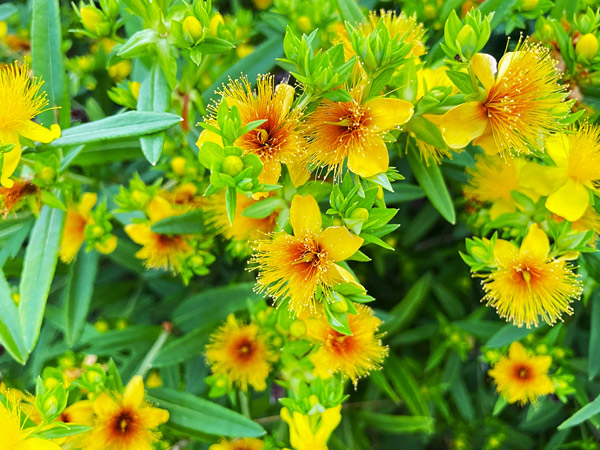
Hypericum has been used for centuries to treat wounds and alleviate skin conditions, as its active compound hyperforin has been shown to have anti-inflammatory and antibacterial properties that can help soothe and heal the skin. Hypericum acts synergistically with calendula and lavender, renowned healing herbs for soothing irritated skin.
MYRRO SKINCARE’s Hypericum Balm is made from these three herbs blended with organic beeswax that enhances cell proliferation, stimulates damaged tissue growth and accelerates the healing process.
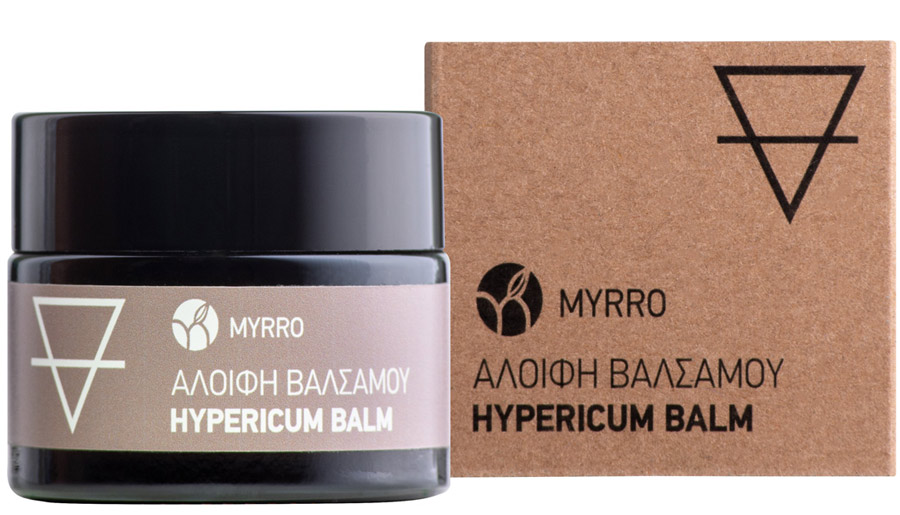
An insect-free summer

Natural insect repellents are an effective way to repel insects without exposing yourself or the environment to harmful chemicals. With their antimicrobial properties and ability to confuse insects, they are a game-changer for anyone who loves spending time outdoors. So, next time you are heading out on an adventure, consider trading in your chemical-based repellent for a natural insect repellent.
Your skin and the environment will thank you!
Article: Dr. Belenioti Maria
Design & Edit: Tzoufkas Vangelis
Edit: Deligianni Myrto
References:
[1] National Pesticide Information Center. (2020). DEET.
[2] Chen-Hussey, V., R. Behrens, and J.G. Logan, Assessment of methods used to determine the safety of the topical insect repellent N,N-diethyl-m-toluamide (DEET). Parasit Vectors, 2014. 7: p. 173
[3] Roy, D. N., Goswami, R., & Pal, A. (2017). The insect repellents: A silent environmental chemical toxicant to health. Environmental Toxicology and Pharmacology, 50, 91–102.
[4] Centers for Disease Control and Prevention. (2019). Insect Repellents.
[5] Journal of Applied Toxicology. (2017). Skin irritation and sensitization caused by picaridin.
[6] EPA. (2020). IR3535.
[7] Contact Dermatitis. (2018). Allergic contact dermatitis caused by IR3535.
[8] Taylor R. W., Romaine I. M., Liu C., et al. Structure-activity relationship of a broad-spectrum insect odorant receptor agonist. ACS Chemical Biology. 2012;7(10):1647–1652.
[9] Dickens J. C., Bohbot J. D. Mini review: Mode of action of mosquito repellents. Pesticide Biochemistry and Physiology. 2013;106(3):149–155
[10] Harris R. Synergism in the essential oil world. International Journal of Aromatherapy. 2002;12(4):179–186.
[11] Noosidum A., Chareonviriyaphap T., Chandrapatya A. Synergistic repellent and irritant effect of combined essential oils on Aedes aegypti (L.) mosquitoes. Journal of Vector Ecology. 2014;39(2):298–305.
[12] Rehman J. U., Ali A., Khan I. A. Plant based products: Use and development as repellents against mosquitoes: A review. Fitoterapia. 2014;95:65–74.
[13] Ismalia Husna et al 2020 Utilization of Basil Leaf Extract as Anti-Mosquito Repellent: A Case Study of Total Mosquito Mortality (Aedes aegypti 3rd Instar) J. Phys.: Conf. Ser. 1467 012014
[14] Kongkaew C, Sakunrag I, Chaiyakunapruk N, Tawatsin A. Effectiveness of citronella preparations in preventing mosquito bites: systematic review of controlled laboratory experimental studies. Trop Med Int Health. 2011 Jul;16(7):802-10
[15] A study published in the Journal of Vector Ecology in 2018 found that geranium essential oil (10% concentration) was effective in repelling mosquitoes (Culex quinquefasciatus) for up to 4 hours (Kumar et al., 2018).
[16] Srivastava, S., Kumar, V., & Kumar, A. (2020). Geranium essential oil as a potential mosquito repellent: A review. Journal of Insect Science, 20(2), 1-12.
[17] Sheikh Z, Amani A, Basseri HR, Kazemi SHM, Sedaghat MM, Azam K, Azizi M, Amirmohammadi F. Repellent Efficacy of Eucalyptus globulus and Syzygium aromaticum Essential Oils against Malaria Vector, Anopheles stephensi (Diptera: Culicidae). Iran J Public Health. 2021 Aug;50(8):1668-1677
[18] Zhang et al. (2019). Essential oils as natural repellents against mosquitoes: A review. Journal of Essential Oil Research, 31(3), 253-264.
[19] Mahran, H.A., Aboelhadid, S.M. & Hassan, K.M. Synthesis and efficacy of cinnamon oil formulations and their sustainable release against common house mosquito larvae. Beni-Suef Univ J Basic Appl Sci 12, 118 (2023).
[20] Kumar S, Wahab N, Warikoo R. Bioefficacy of Mentha piperita essential oil against dengue fever mosquito Aedes aegypti L. Asian Pac J Trop Biomed. 2011 Apr;1(2):85-8. doi: 10.1016/S2221-1691(11)60001-4.

